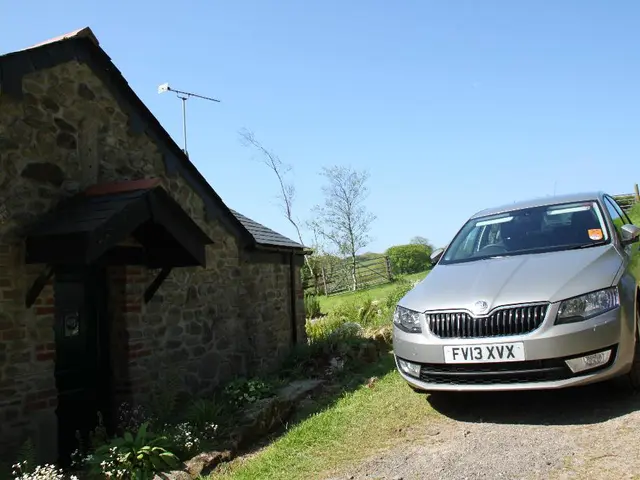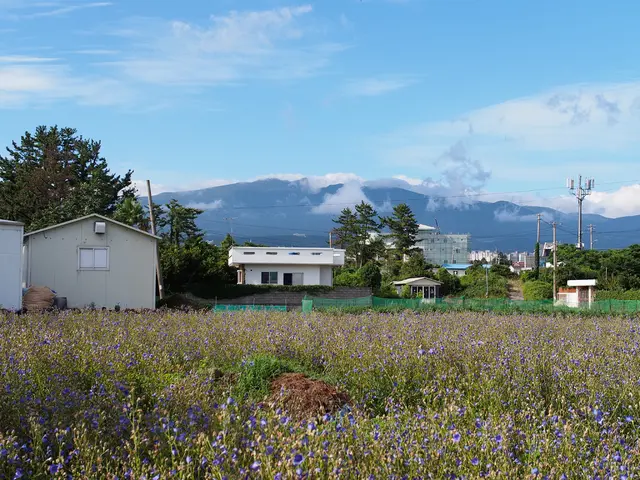Proposed Duma Measure to Mitigate Risk of Flight Cost Hikes for Eco-Friendly Fuel
Air Travel in the Crosshairs: Russia's Roadmap in the CORSIA Emissions Scheme
In 2016, the International Civil Aviation Organization (ICAO) unveiled the Carbon Offsetting and Reduction Scheme for International Aviation (CORSIA) to tackle aviation's carbon emissions. Members like Russia hopped on board. The goal? Bump up fuel efficiency by 2% by 2050 and keep carbon emissions steady since 2020. Initially voluntary, the regulations tighten up from 2027.
According to ICAO resolution A41-22, airlines are on the hook for overage costs when CO2 emissions exceed the baseline level (85% of 2019 levels). This could spell trouble for Russian airlines, with potential impacts on their competitiveness in aviation fuel production and supply, as pointed out by the deputy.
Increased airline costs may inadvertently find their way into higher ticket prices for passengers, as well as an uptick in air cargo fees. This is especially concerning for time-sensitive cargo like pharmaceuticals and perishable goods. Yuri Stankevich elaborated on these matters.
He proposed a potential solution: the production of low-carbon aviation fuel (LCAF or SAF) within Russia. Currently, only foreign powers hold sway over the verification process. Consequently, the deputy urged the ICAO to evaluate the potential of Russian aviation fuel in minimizing its carbon footprint.
In 2022, Russia publicly declared its refusal to abide by ICAO resolution A41-22 on criteria for the CORSIA evaluation process. Russia's representative at the organization questioned the relevance of compensation measures under worldwide sanctions against international civil aviation.
Kick back, relax, and stay in the know. You can join our Telegram channel @expert_mag
Insights:
- Participation and Exemption: The specifics surrounding Russia's potential exemption status remain unclear. CORSIA's effectiveness and participation are subject to various factors, encompassing political considerations.
- Production of Low-Carbon Aviation Fuel: Details concerning Russia's strategies for LCAF (SAF) production are scarce. CORSIA enables airlines to opt for approved carbon credits or less popular low-carbon alternatives like SAF to manage their emissions.
- The ICAO's Carbon Offsetting and Reduction Scheme for International Aviation (CORSIA) aims to promote environmental-science-based solutions, such as the production of low-carbon aviation fuel (LCAF or SAF), to address climate-change concerns within the aviation industry and finance.
- Despite Russia's initial commitment to CORSIA, the country's representative at the organization raised concerns about the relevance of compensation measures amidst worldwide sanctions, potentially impacting the industry and the financing of sustainable energy sources.
- Yuri Stankevich, in his discussions on this matter, proposed that the ICAO should evaluate the potential of Russian aviation fuel in minimizing its carbon footprint, thereby supporting the domestic industry's competitiveness in aviation fuel production and supply.








